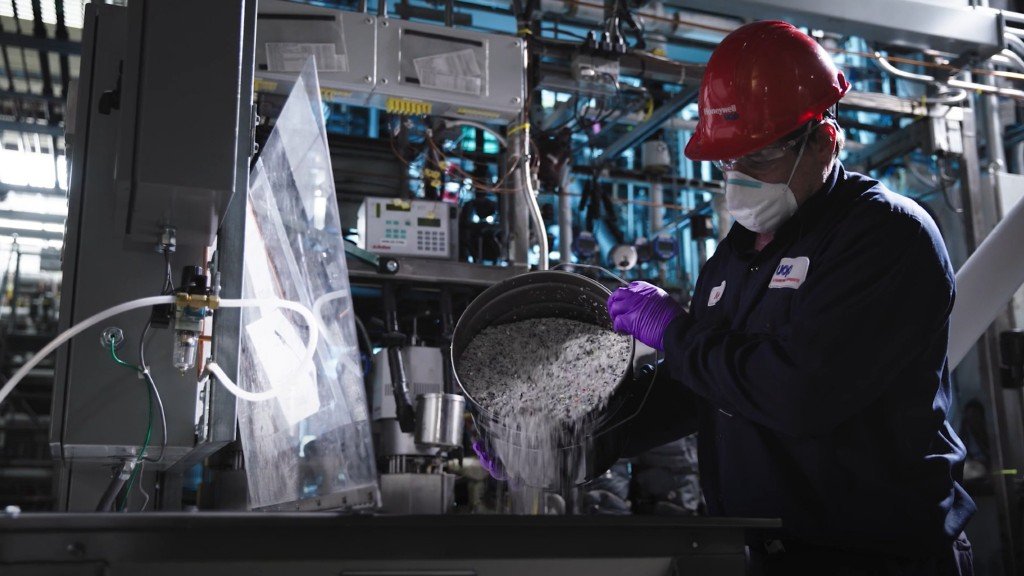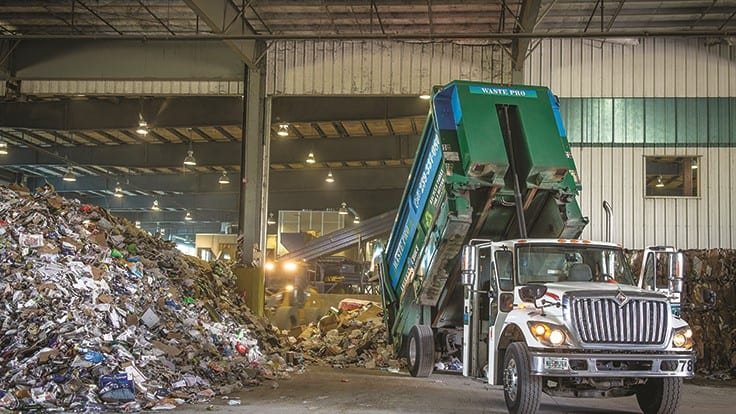Honeywell International, a maker of chemicals and aviation components, stated this week that it has developed a new method for converting low-grade plastic trash into oil of sufficient purity to be fed into a refinery.

The business is currently collaborating with Spanish infrastructure giant Sacyr SA to scale up their technology, termed the Upcycle Process Technology, in a plant capable of converting 30,000 metric tonnes of mixed plastic waste per year into oil.
Honeywell’s UpCycle Process Technology repurposes waste plastic by converting it back to Honeywell Recycled Polymer Feedstock, which is then utilized to make new plastics.

The UpCycle Process technology broadens the sorts of plastics that may be recycled, including colorful, flexible, multilayered packaging and polystyrene. When combined with additional chemical and mechanical recycling processes – as well as advances in collecting and sorting – Honeywell’s UpCycle Process Technology has the potential to enhance global plastic waste recycling to 90%.
That’s a significant increase, given that just around 2% of plastic garbage is now recycled, according to Bloomberg. Approximately half is burnt or disposed of in landfills, while an astounding 30% ends up in the ocean or other bodies of water.

By partnering with waste management experts such as Sacyr, Honeywell can contribute to closing the loop in the plastics supply chain by bringing recycling technology onsite to the collection source.
The recycling facilities are modular in design, allowing for easy deployment and installation while finding the optimal balance between economies of scale and the volume of waste plastic produced locally. Production is expected to begin in 2023.
This is a PR Newswire Feed; edited by Clean-Future Team






